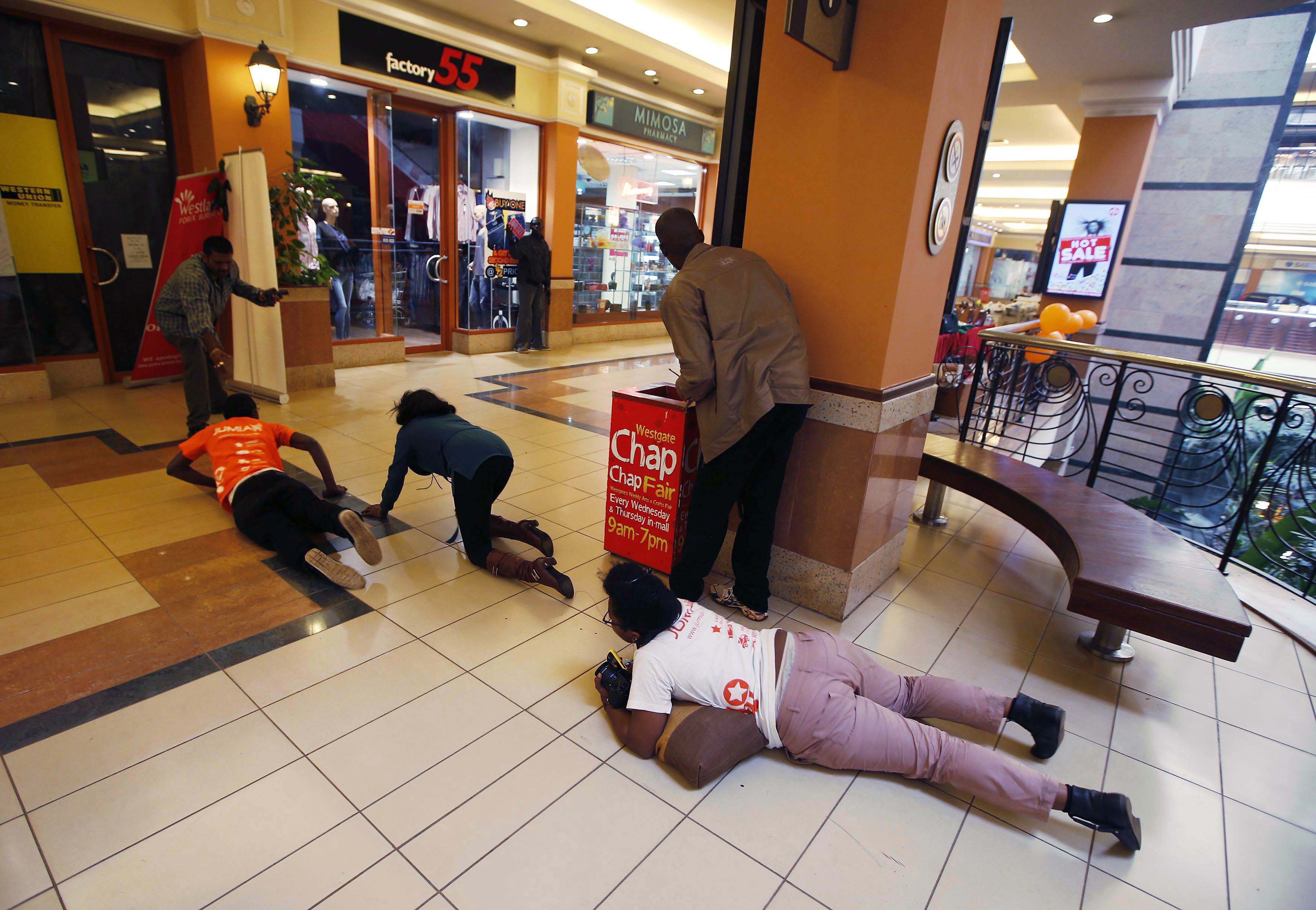Tactical Decision Making

Predator: Ken, DEA Agent.
Discussion: What was once “wrong place, wrong time” is quickly becoming “any place, any time.” How do you survive if caught in a crisis?
Ken, a retired DEA agent, walked into an ambush while working undercover. Ken didn’t stop to think through his options. He’d already played out ambush scenarios in his head days before the first shot rang out.
His decision making was on autopilot.
And it saved his life.
Tactical decision making is all about thinking through the ‘what ifs’. First responders and the military are trained to use this technique when stakes are high and time is short. They draw upon the experience of others. Ordinary folks like to take their time to make big decisions. We like to get all the information. But in a crisis, we usually have minimal time, a ton of stress and only a limited amount of information.
Okay, you’re not Rambo. How do you draw upon tactical decision-making to react – almost by instinct – in a way that will help keep you safe during a crisis? Before things get complex, do some homework to make sure you’re ready to act.
First, start thinking through how you would react to a crisis before it happens. Run through potential scenarios. It’s positive – not pessimistic – to think through scenarios as you go through your day. At work. At school. At home. At the mall. At the movie theater. At a sporting event. In a hotel. In a restaurant. In the airport. In a train. Walking down the street.
What if there was a shooter? Someone with an ax. Don’t forget that someone’s bare hands can be a lethal weapon. Where would you run? Failing that, where would you hide? What things would stop bullets? If you have to fight, what could be used as improvised weapons?
What if there was a fire? What if there was an earthquake or other natural disaster? Do you regularly identify escape routes? Where would you meet others outside? What supplies should you have on hand? How would you communicate during a time of panic?
Prior Predator posts are a great resource for preparation. Go to the Centers for Disease Control and Prevention (CDC) website to research actions to take for a disaster created by Mother Nature or the good earth. There’s also a wealth of information on diseases. The National Fire Protection Association offers great fact sheets loaded with tips on fire safety in hotels and other fire risks – even lightning.
The point is to identify potential threats and your actions reactions to each. Use your Spidey sense. Connect the dots that most people over look.
Experienced decision makers recognized patterns where others don’t. They imagine scenarios and think about how they would play out. They identify their actions. As a result, during a crisis, their reactions are almost automatic. You don’t want to be standing there wondering, “Should I choose what’s behind door A or door B.”
You want to act – quickly. And do it based on good insights – not panic.
You don’t want to be making decisions in a crisis. You want to act out decisions in crisis that you’ve already thought through.
Increase your odds of survival. You have seconds to decide.
More to Follow!





